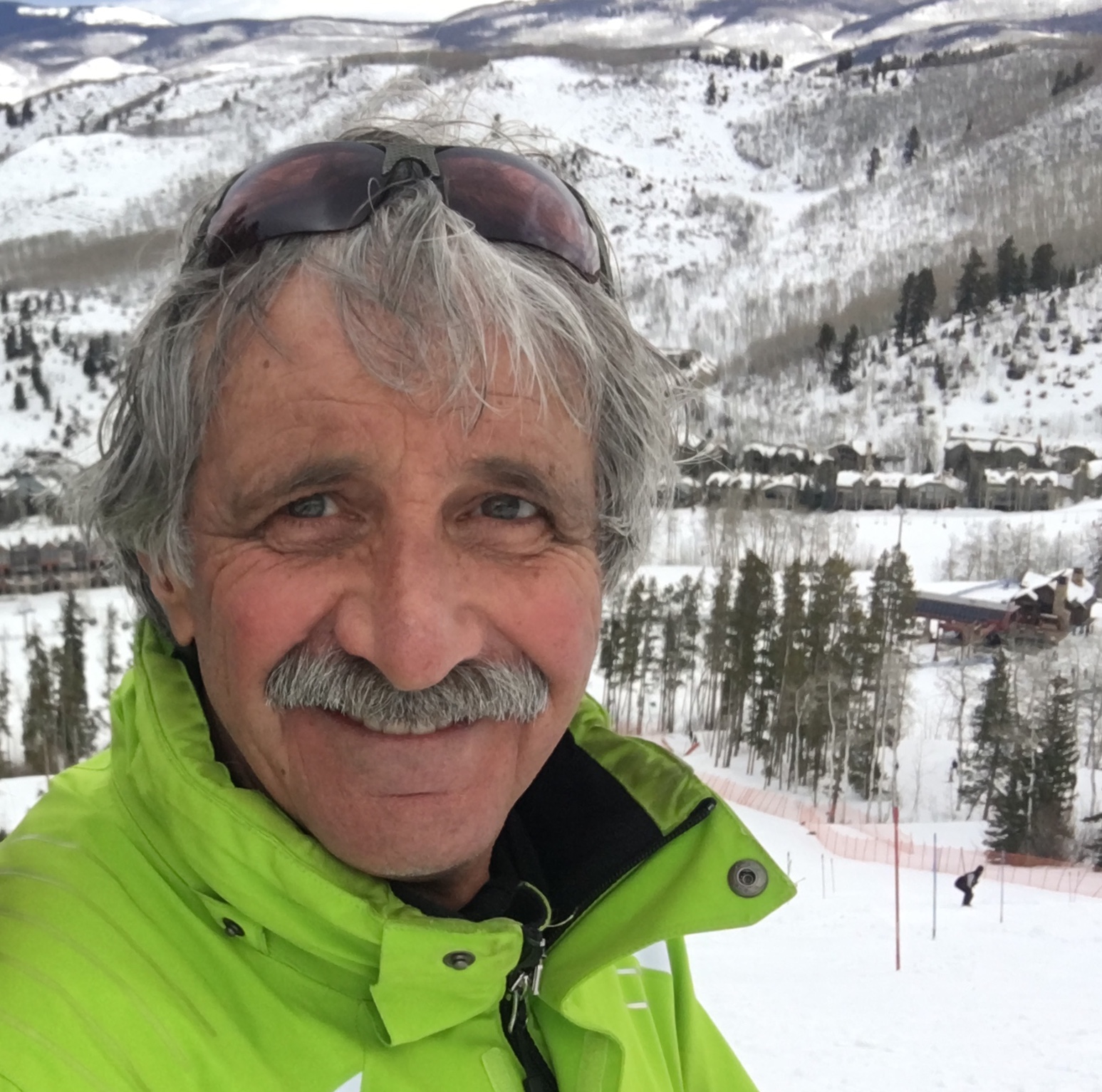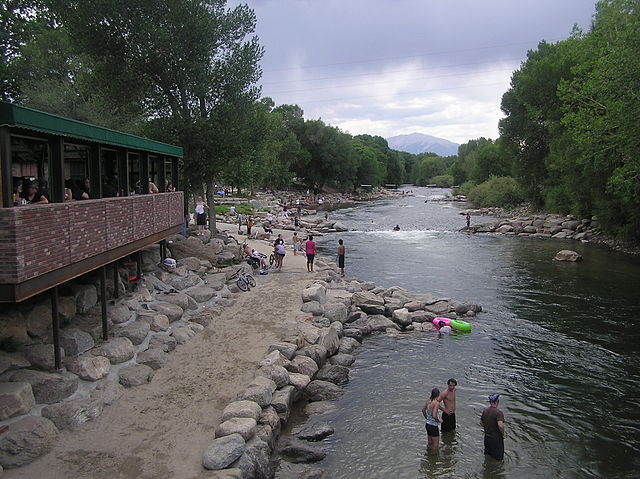
Waders enter the Arkansas River as it passes through Salida. Credit: Creative Commons
By Larry Morandi
The Colorado Water Conservation Board (CWCB) met in Salida on May 23-24, in part, to take final action on grant applications to help implement Colorado’s Water Plan (CWP). The Colorado General Assembly created the grant program in 2017, appropriating $9 million in fiscal year 2018 for projects in six categories—storage ($3 million); water supply/demand gap ($2 million); and agriculture, environment/recreation, conservation/land use, and innovation/engagement ($1 million each).
CWCB approved $3.1 million for 24 projects at the meeting, bringing total water plan grant funding for the year to more than $8.8 million for 65 projects. The remaining $172,370 will carry over into FY 2019; agriculture will have the largest balance at $116,042. The new grants include $1.4 million for a dredging project in Northeast Colorado that will add 356 acre feet of storage water for irrigation; and $175,000 to rehabilitate a diversion project in Southwest Colorado that will preserve 210 acre feet of storage and 12,264 acre feet of irrigation water, protect 11.5 miles of stream passage for fish, and restore 48.8 acres of aquatic habitat.
Lauren Ris, CWCB Deputy Director and a member of Water Education Colorado’s Board of Directors, said the grants are important to achieve the water plan’s objectives. “Many of the grants are for projects in rural parts of the state that don’t have access to ratepayer funds like those in larger urban areas.”
The legislature passed CWCB’s 2018 water projects bill—SB18-218—last month and sent it to the governor. It contains $7 million in water plan grants for FY 2019. The application deadlines are August 1, 2018 and February 1, 2019, with CWCB approval in November 2018 and May 2019, respectively.
 Larry Morandi writes on environment and natural resources issues. His articles on drought, the Colorado River and public access to water have appeared in State Legislatures magazine. He recently retired from the National Conference of State Legislatures, a think tank based in Denver, where he was Director of State Policy Research.
Larry Morandi writes on environment and natural resources issues. His articles on drought, the Colorado River and public access to water have appeared in State Legislatures magazine. He recently retired from the National Conference of State Legislatures, a think tank based in Denver, where he was Director of State Policy Research.


 Print
Print
Reblogged this on Coyote Gulch.